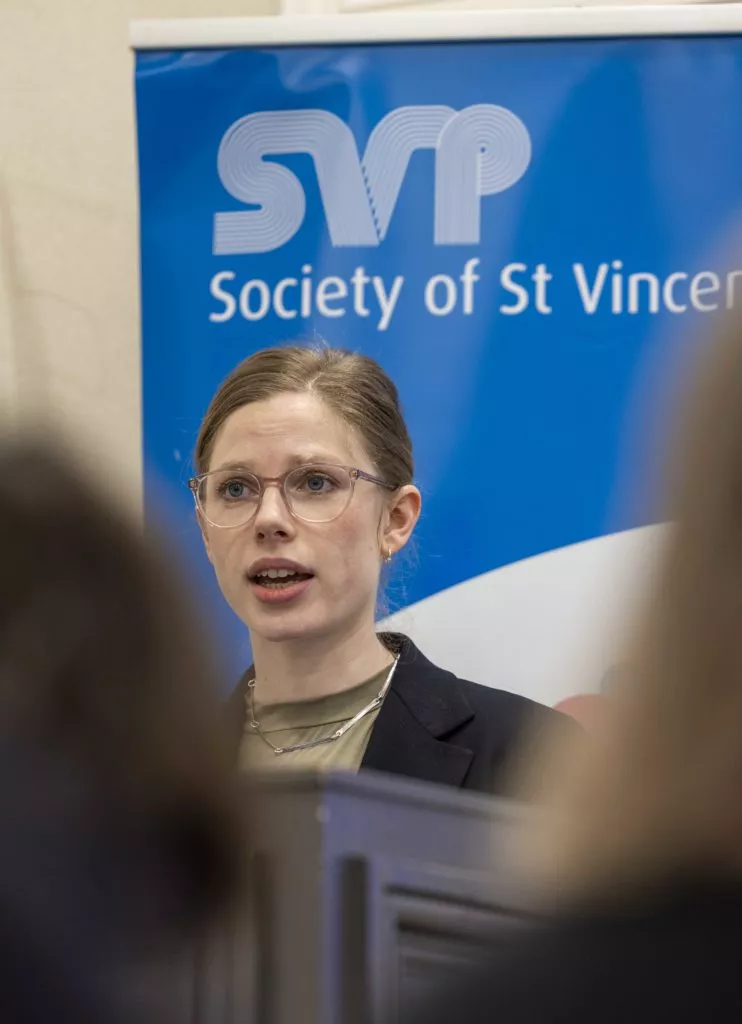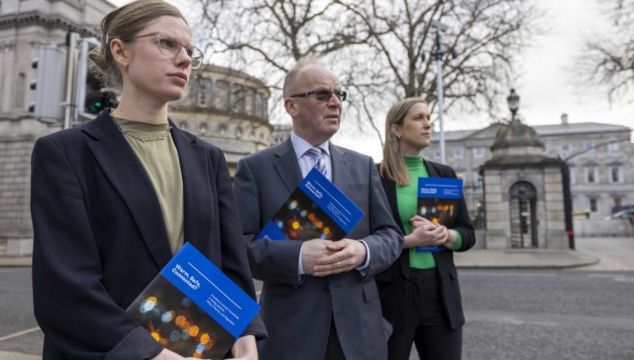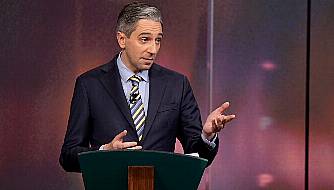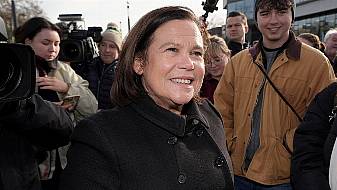A new report from the Society of Saint Vincent de Paul (SVP) has found the numbers of people unable to heat their home more than doubled in 2022.
The report sets out a series of actions Government "should take in the short, medium and long term to mitigate the impact of extraordinary energy prices on people in energy poverty and prevent a further rise in hardship".
Entitled Warm, Safe, Connected – priorities to protect households in energy poverty, it covers issues of policy, practice and regulation to help "safeguard the most vulnerable in society".
Using CSO data from the 2022 Survey of Income and Living Conditions, the report show that an estimated 377,000 people lived in homes unable to afford adequate heat in 2022. This compared to 160,000 people in 2021.
Over the last two years, soaring wholesale gas prices have pushed up domestic energy costs to "unprecedented heights", and many people will have seen their electricity and gas bills double since prices began to rise in April 2021.
An average estimated electricity bill has risen from around €1,000 in Spring 2020, to over €2,100 now.
This massive increase in the cost of energy has led to "an acute level of need", the report states.
Issy Petrie, SVP research and policy 0fficer, said, “The report covers where there has been progress in tackling energy poverty; where there have been missed opportunities and what action is needed now. Every day, SVP members are supporting people in energy poverty who are getting bills there is no way they can afford, or who are struggling to keep their prepay meter topped up, or oil in the tank.
“Based on this knowledge we have set out six recommendations for the Government and six recommendations for energy suppliers and the energy Regulator”.

Nessan Vaughan, vice chair of SVP’s Social Justice Committee,said: “Keeping warm is a basic human need, and behind each bill, disconnected pre-pay meter up or empty oil tank is a person trying to cope with the stress and strain of keeping their home warm and the lights switched on. Now more than ever it’s important that all stakeholders work together to make sure the right supports are available to people at the right time to prevent a deepening of energy poverty."
Among the recommendations to Government are the introduction of a social energy tariff, targeted at households on means tested social welfare payments; the introduction of a new statutory Consumer Advocacy Agency and a Community Energy Advice service.
Recommendations for the Regulator include a new consumer protection strategy that provides a multi-annual approach to increasing protections for customers in energy poverty as well as vulnerable customers. Other recommendations are aimed at offering affordable and sustainable repayment solutions for everyone in arrears with increased protections for prepay customers.







